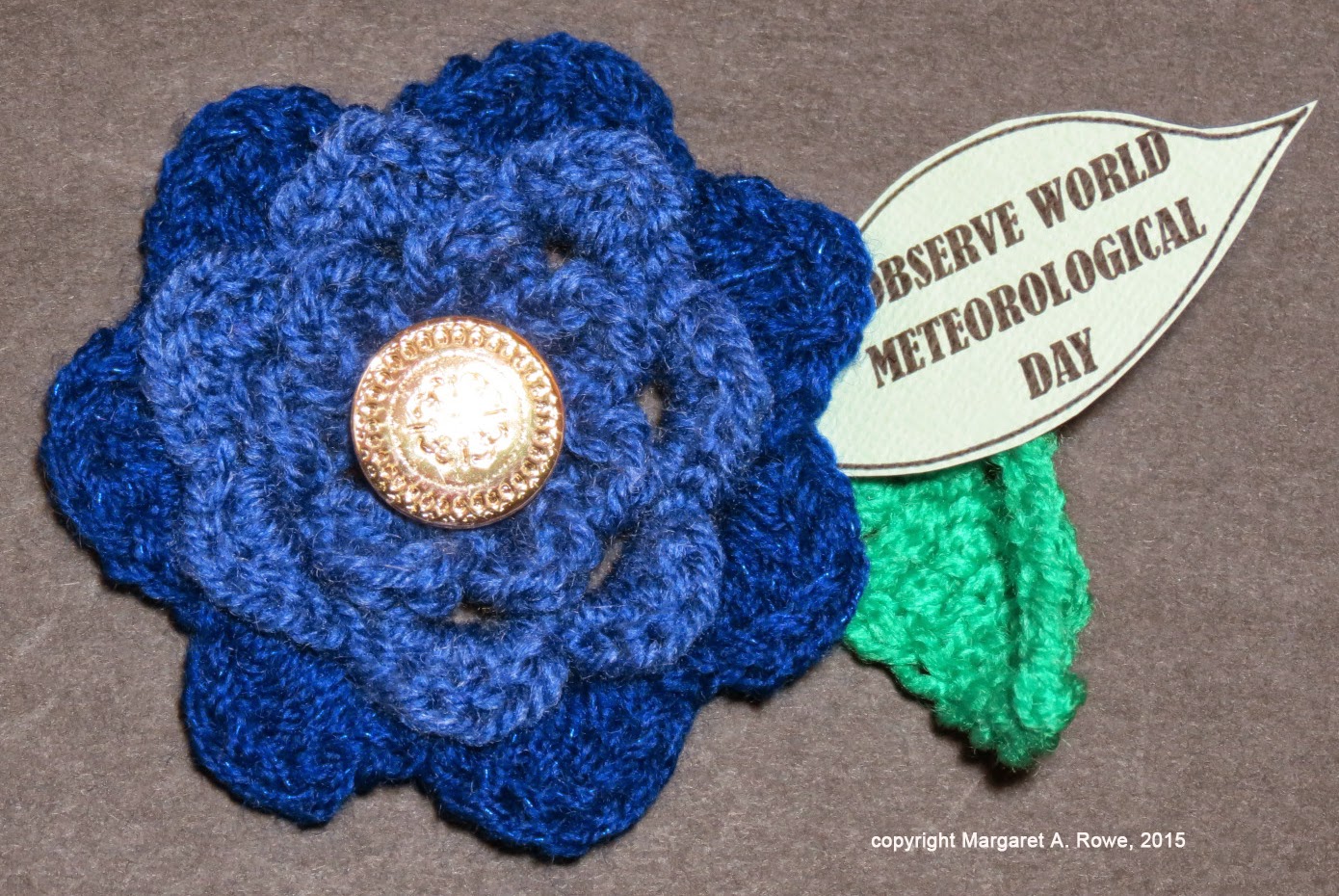1000 Flowers for the Planet - #488 Change the Goal to 'Better'
I want to introduce you to Annie Leonard,
founder of The Story of Stuff [www.storyofstuff.org]. She’s one amazing lady.
And her project, the Story of Stuff Project, explains everything in easy to
understand language, so that we can learn about what we’re doing to the planet
by our consumerism. The message I’d like you to take on board today is about
changing the goal from MORE to BETTER – watch Annie’s video at www.storyofstuff.org and be inspired.
We’re all far to consumed by the idea that we
should have more – more goods, more money, more food, more electronics, more
record profits. Everything these days is supersized. But none of this is making
us happy. We need to change the goal to BETTER – to have better healthcare,
better education, better communities, better products, better food, and a much
better environment in which to live. Please go to The Story of Stuff website
and watch the video, wander around the site and see how YOU can make it BETTER.





























